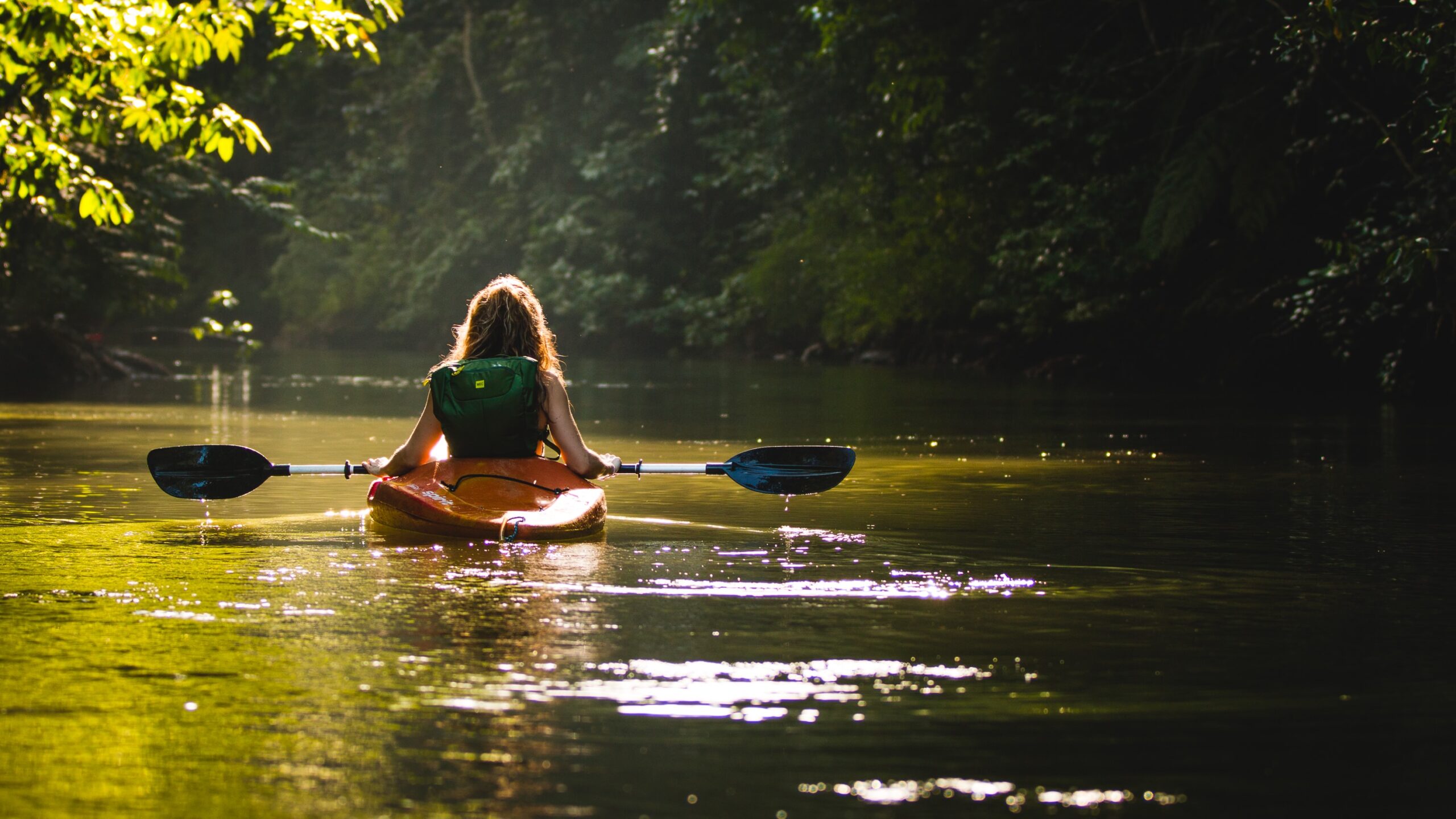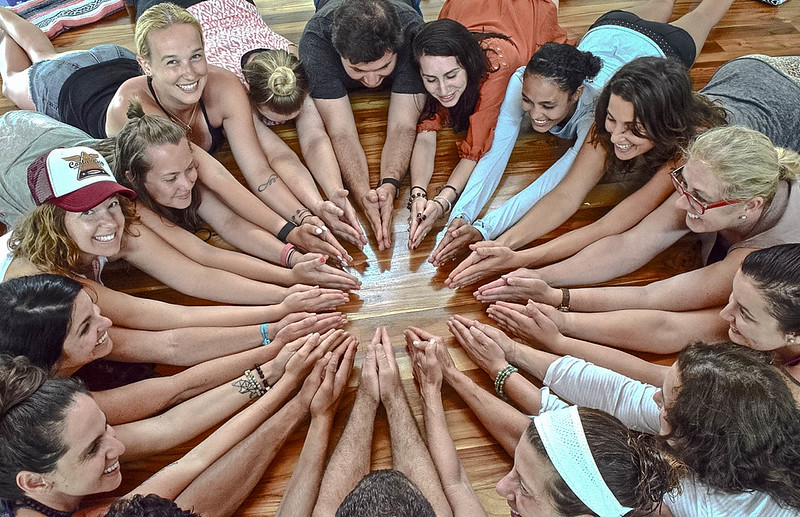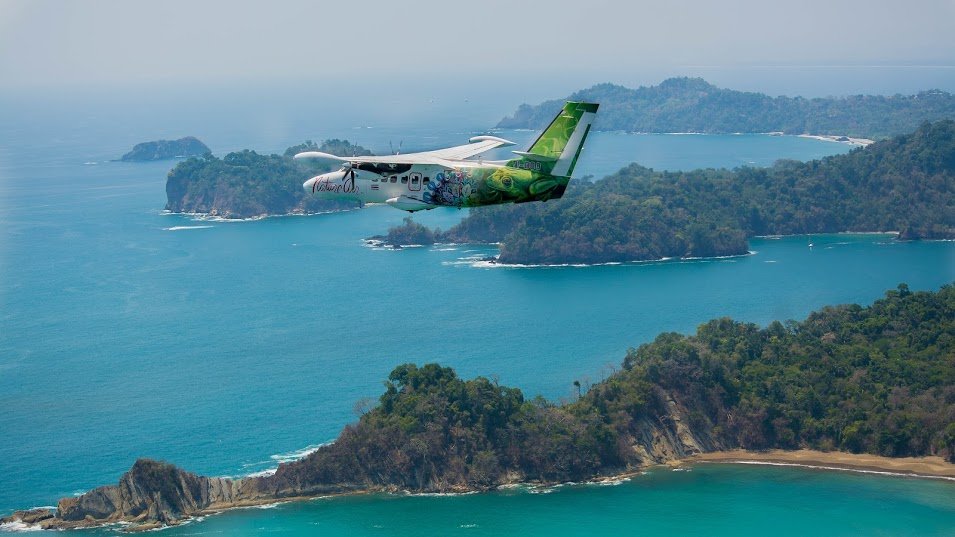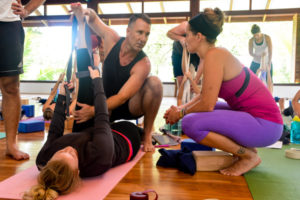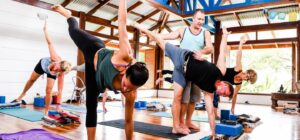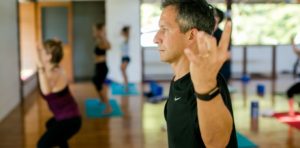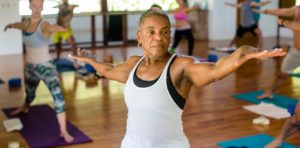Unless you’re talking about business travel, a form of “seeing the world” that sounds glamorous but often involves seeing the inside of conference rooms and your hotel room while you try, jet-lagged, to catch up on work, travel and business seem diametrically opposed. You work, then you vacation, then you work some more, so you can vacation again.
It’s true that your desire to leave your job behind and go relax on a beach maybe isn’t the best resume-builder or interview conversation starter.
However, leaving everything behind and going off to travel solo can actually help your career in the long run. That’s right. That Eat, Pray, Love fantasy you’ve been dreaming about can actually help you climb the corporate ladder, achieve more of your goals, and even build the entrepreneurial spirit to go home and start your own enterprise.
The Story of a Young Boy Whose Travels Changed the World
We all have a tendency to over-emphasize the role of intellect and innate ability and forget about the importance of traits and skills we can develop through experience. This holds us back from taking responsibility for our own success.
In his book Mastery, Robert Greene writes of a young boy who lived in the shadow of his smarter, more promising cousin. Even his own father assumed the boy wouldn’t amount to much of anything.
So the boy wandered around for a bit and took up a job on a sailboat that traveled the world.
He ended up traveling to the Galapagos Islands, and eventually, he wrote the Origin of Species.
This man was Charles Darwin, and his travels changed the scientific landscape forever.
Successful People Sound a Lot Like… Solo Travelers
We are all special snowflakes, but studies of high achievers and business tycoons consistently show that there are a handful of core qualities they always share in common.
Their findings?
The exact same characteristics you cultivate while traveling, particularly through solo travel.
These people adapt to change, push through challenges, develop relationships with a wide range of people, and rely on themselves.
Here is why solo travel makes you more successful in business…
#6. Energy
Significant achievements unequivocally require a lot of hard work and dedication. They will sometimes require very long hours, especially in the beginning. You need the energy to push through and stay motivated.
If there’s one thing that you need to travel solo, it’s stamina. Travel is exhausting, especially when you’re figuring out an itinerary all on your own. Bouncing around countries, time zones, and activities are like a multi-cultural marathon when it comes to building stamina.
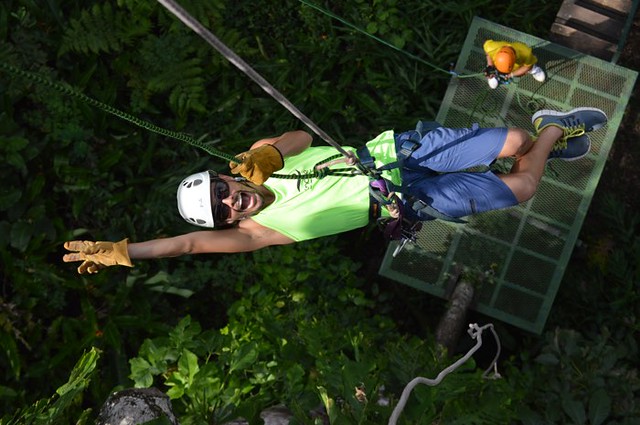
And although it will be exhausting at times, it will exhilarate and re-energize you.
#5. Passion
In his interviews and research of many successful people, Robert Greene found that an emotional rather than an intellectual quality connected all of them: love for their work.
You will never be truly successful at something unless you are also passionate about it. Humans aren’t built like the energizer bunny; we don’t go and go without a vision we are striving toward (and a dash of optimism to keep us believing our hard work will pay off).
When asked about the secrets to success, Oprah Winfrey once said, “Often we don’t even realize who we’re meant to be because we’re so busy trying to live out someone else’s ideas. But other people and their opinions hold no power in defining our destiny.”
Removing ourselves from the judgments that surround us all the time gives us a clear, new perspective on what we truly want from life.
Traveling solo and seeing new places around the world ignites a flame of wonder and curiosity within us that can’t be extinguished by the winds of challenge that inevitably come our way. It awakens our soul to the beauty and infinite possibility of the world, and it opens our eyes to those parts of the world that, time and time again, beckon our passions.
#4. Focus
What made Steve Jobs different from everyone around him? He wasn’t really a tech genius, after all.
The man himself has said that the only thing separating him from other people is the ability to focus. A lack of focus, or spreading yourself too thin, is a common cause of failure.
Do you ever feel scatter-brained? Like you can’t focus on one thing for more than 10 minutes? The distractions and noise of everyday life, paired with today’s digital world, have caused our attention spans to decrease every year. Leaving all of this behind for a trip on your own will help you cultivate the ability to focus.
There is a minimalism that’s inherent in solo travel. Stripping away the unnecessary aspects and pressures of our regular lives forces us to focus with more clarity and strength on what we really want.
#3. Communication
Success doesn’t happen in a vacuum. It occurs through collaboration and cooperation. For any success you’ve had in life, you can probably list dozens of people who helped you achieve it. This is why networking is such a buzzword – building relationships with others, forming allies, is critical to any endeavor. All of this rests on an ability to communicate, connect with, and ultimately understand others.
In fact, the World Economic Forum predicted that emotional intelligence, a historically underrated trait, will be one of the most sought-after traits in business by 2025.
Travel is, without a doubt, the best way to get comfortable with meeting new people and finding common ground with those who are worlds (well, countries) apart from you. You meet hundreds of people from all different walks of life and places every week.
On a practical level, being lost or trying to get directions to your hotel from someone who speaks an entirely different language blows any lesson learned in a Communications 101 class out of the water.
On a broader level, the most important thing you learn through travel is a profound understanding of others and a sense that, deep down, we’re all the same.
#2. Flexibility
Remember my story about Charles Darwin? He summed up his groundbreaking findings in the following quote: “It is not the strongest of the species that survive, nor the most intelligent, but the one most responsive to change.”
The only constant is change, especially in the world of business and technology, creativity and innovation. If you can’t keep up, you get left behind. Being adaptable, or as Robert Greene puts it, not “letting your brain get rigid” (something that tends to happen with age), is critical.
Stanford MBA professor Jeffrey Pfeffer also talks about how flexibility “provides the capacity to change course and adopt new approaches, rather than clinging to actions that are not working”, which is why great innovators often come from outside of the industry they’ve transformed “because they’re able to think differently and aren’t tied down by conventions and dogmas”, according to Greene.
I have this (very scientific) hypothesis: Murphy’s law doubles in force every time you travel. What can go wrong most definitely will, and you won’t be able to predict it. But this is actually my favorite part of solo travel.
Solo travel teaches you pretty quickly that things don’t always (or ever) go as planned, but after a while, you learn to be okay with that, and even to use it to your advantage. For better or for worse, foreign places will never be exactly what you expected, and you learn to let go of those pre-conceived notions. What you’re really doing is learning how to adapt and training your brain to be less rigid.
#1. Self-Confidence
In your tower of success, confidence is both the foundation and the façade. Every other positive quality is built upon it, and it’s the face you show the rest of the world.
This doesn’t mean you never feel vulnerability or doubt, but it does mean that you believe in yourself. It means that you trust your goals, have the guts to strive for them at all costs, the decisiveness to forge a path ahead and stand up in the face of conflict, and a level of comfort with who you are that allows you to truly connect with others. You know you can rely on yourself – no one else is going to reach your goals for you.
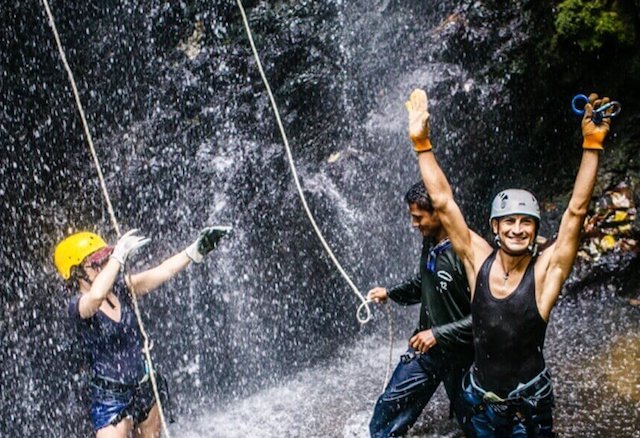
When you’re traveling, nothing feels better than figuring everything out, overcoming all the obstacles, making it to your destination, and knowing that you did it all on your own. When you’re forced to navigate a country by yourself, to figure out transportation by yourself, to try and communicate in a foreign language by yourself, and to simply feel comfortable alone with yourself, something truly incredible happens.
You learn to trust in yourself. You get to know yourself deeply. You gain an unshakable confidence in yourself.
So what are you waiting for?
Jump start your life and your career, and start planning your next solo vacation. Costa Rica, one of the safest and friendliest countries is the world, is a great place to start out your solo travel adventures. Come check out this beautiful jungle paradise.


